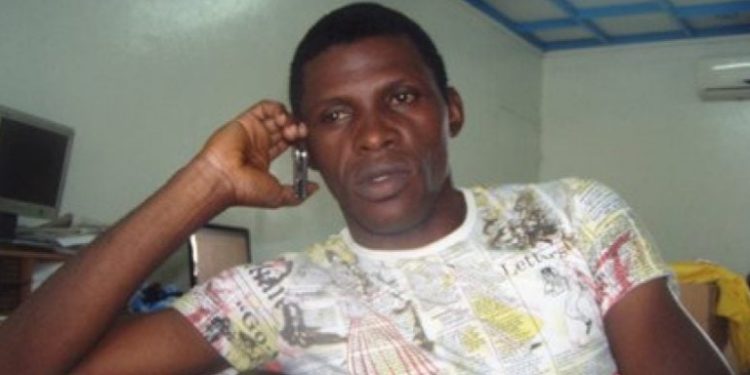By Enyichukwu Enemanna
Five days after his abduction, body of Cameroonian journalist was found on Sunday near Yaounde, the country’s capital.
The press union and a colleague Martinez Zogo said on Sunday that he was kidnapped by unknown assailants.
Zogo’s disappearance and death is a further sign of the perils of reporting in the African country, media advocates have said
Zogo, the director of private radio station Amplitude FM, was kidnapped on Jan. 17 by after trying to enter a police station to escape his attackers, media watchdog Reporters Without Borders (RSF) said.
The late journalist had recently been talking on air about a case of alleged embezzlement involving a media outlet with government connections, RSF said.
“Cameroonian media has just lost one of its members, a victim of hatred and barbarism,” Cameroon’s journalists’ trade union said in a statement. “Where is the freedom of the press, freedom of opinion and freedom of expression in Cameroon when working in the media now entails a mortal risk?”
“Although Cameroon has one of the richest media landscapes in Africa, it is one of the continent’s most dangerous countries for journalists, who operate in a hostile and precarious environment,” RSF says in its Cameroon country profile.
His colleague, Charlie Amie Tchouemou, editor-in-chief of Amplitude FM, confirmed Zogo’s death and his abduction.
The incident is the latest in a string of attacks against journalists in Cameroon, which has a vibrant press and which is ruled by President Paul Biya, who has a decades-long record of repressing opposition.
Cameroon is one of many countries across the continent, from Burkina Faso to Ethiopia to Equatorial Guinea, where journalists complain that media freedoms are under threat from authoritarian governments.


































